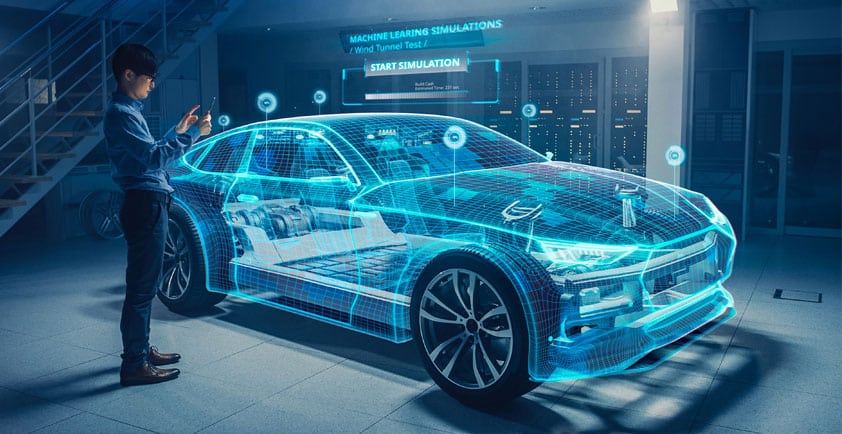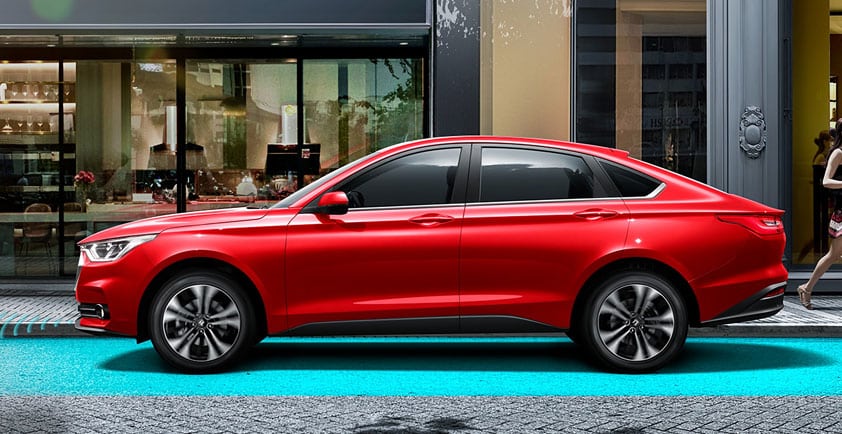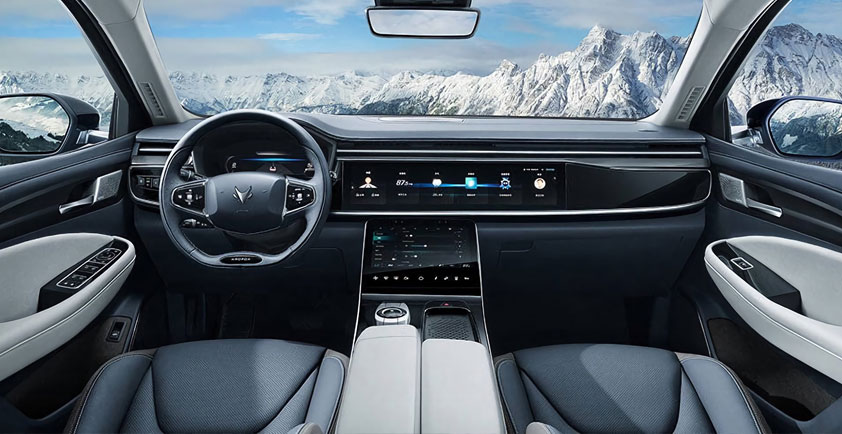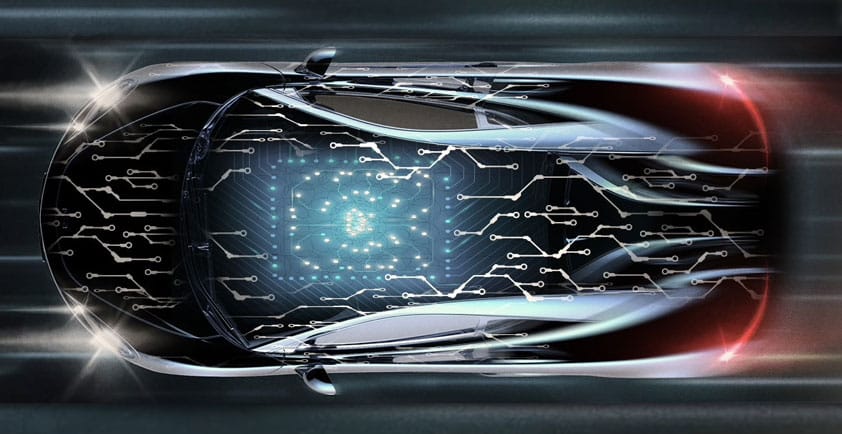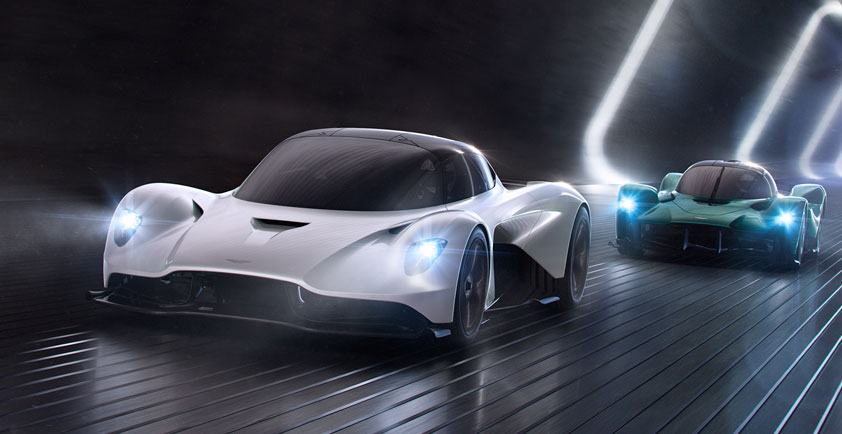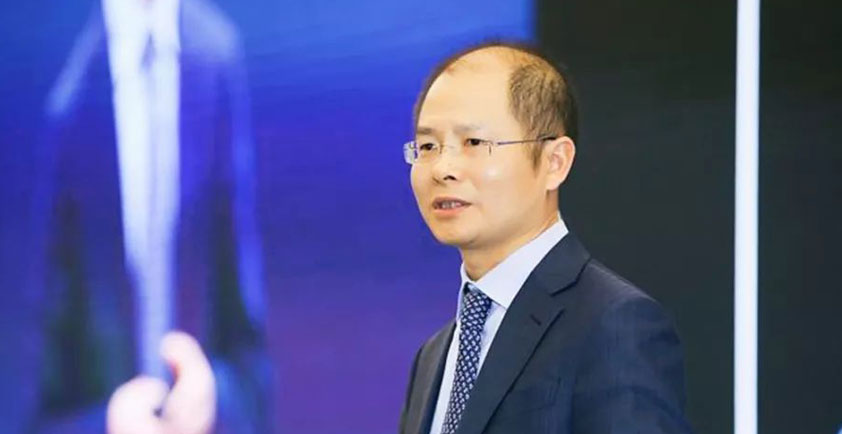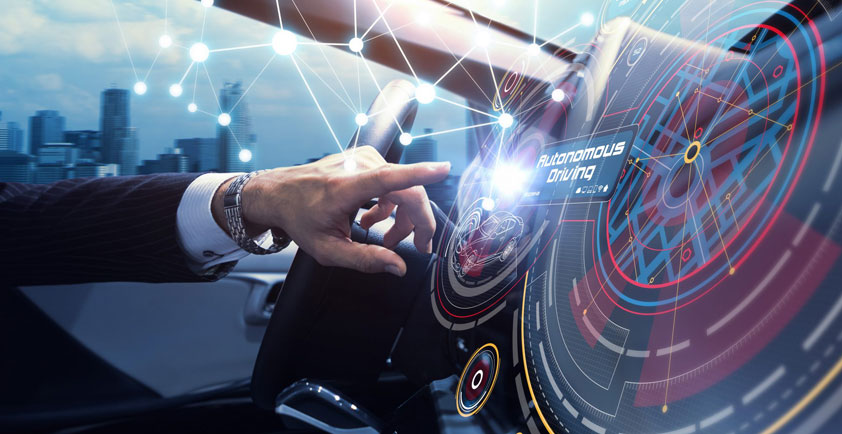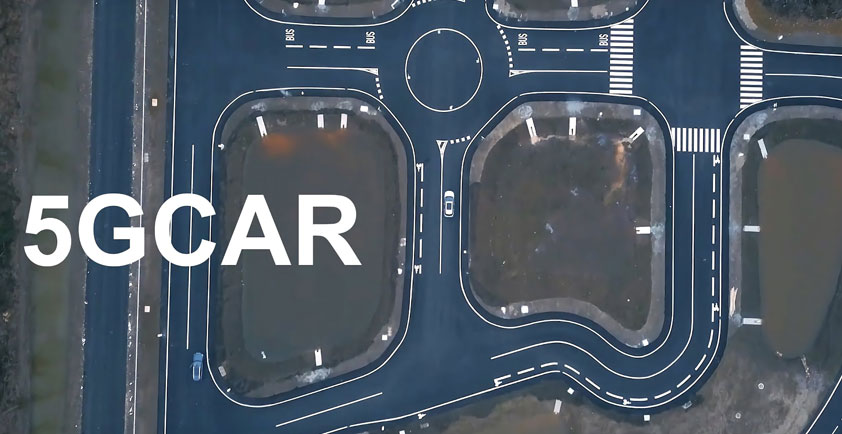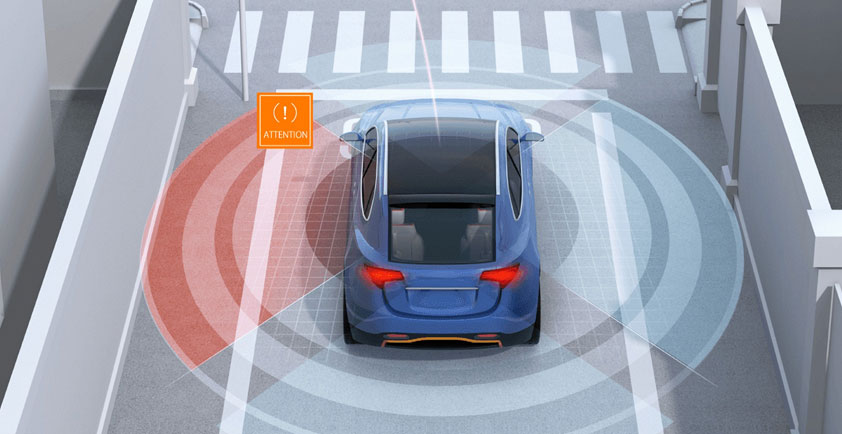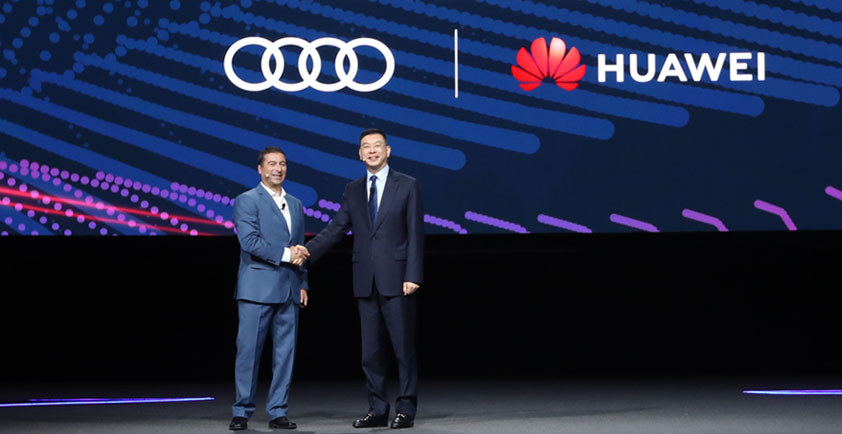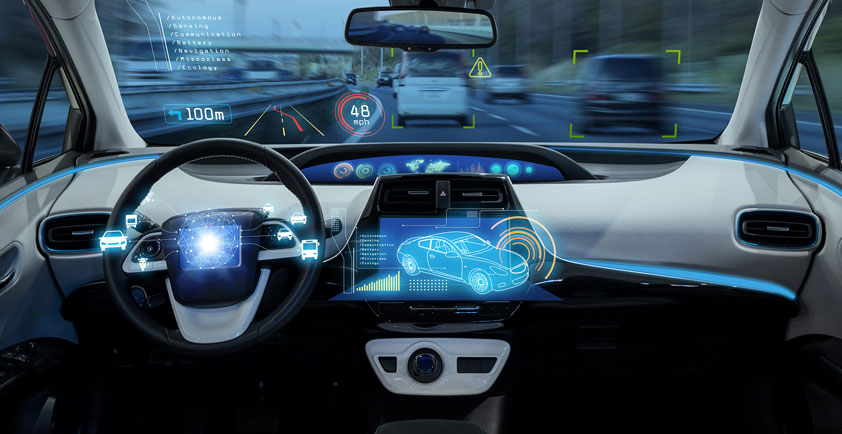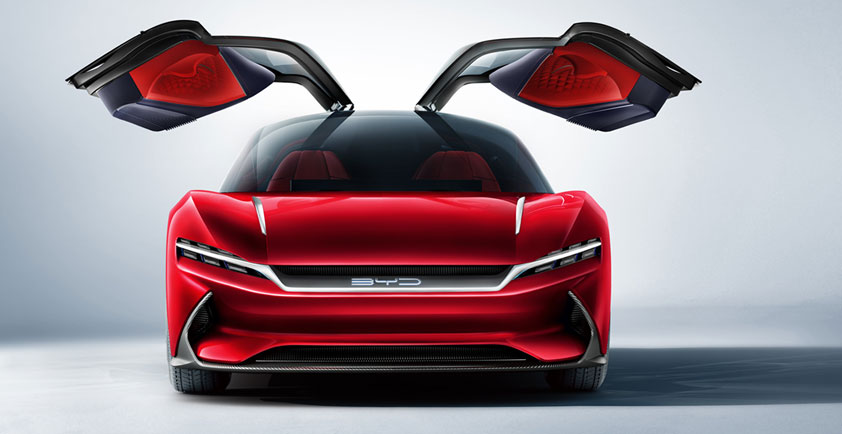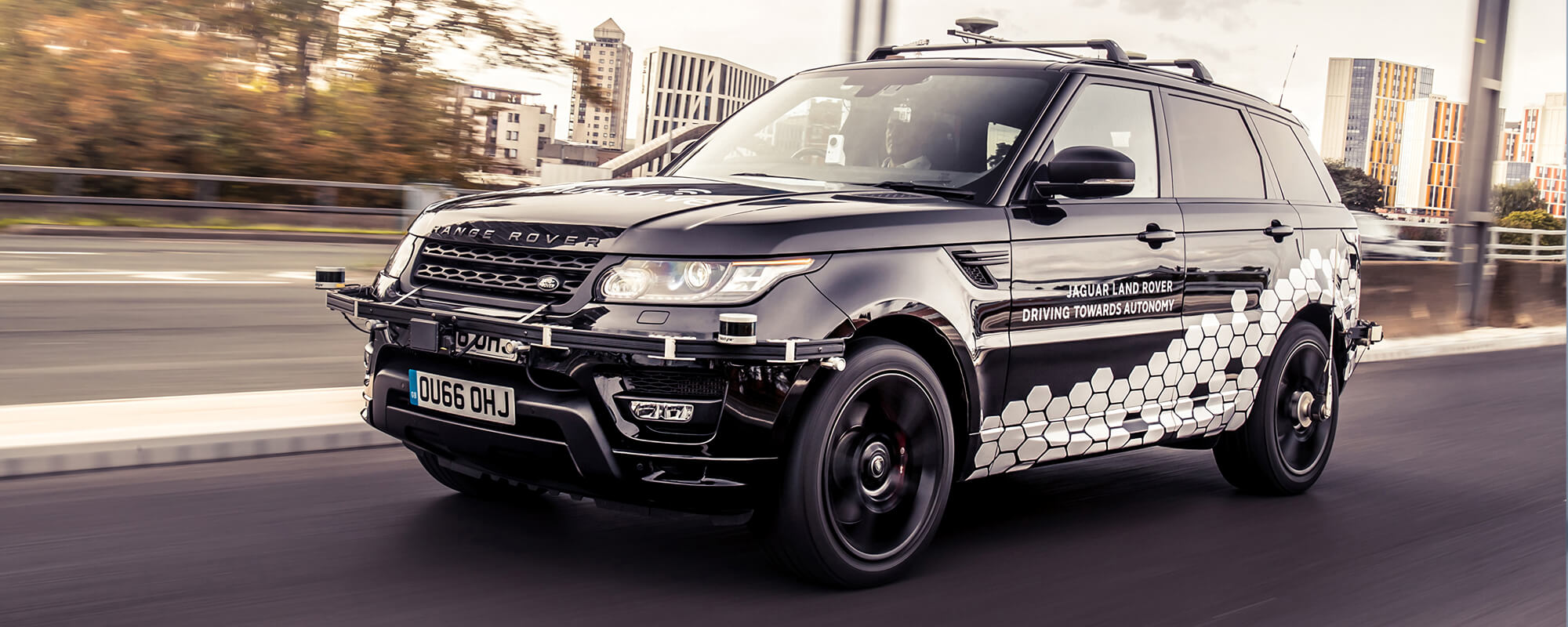
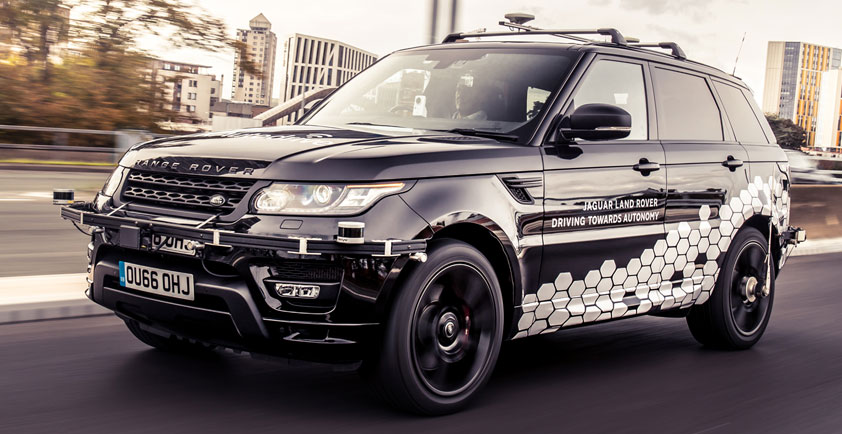
CELLULAR CONNECTED CARS READY TO HELP IMPROVE ROAD SAFETY IN EUROPE
UK - Vodafone, Jaguar Land Rover and Huawei have undertaken a live demonstration of a full Cellular Vehicle-to-Everything (C-V2X) connected car system with the potential to significantly improve road safety standards in the near future.
While there was a 40% drop in road fatalities in Europe between 2006-2016, there were still 26,000 deaths on roads in 2016, a similar amount to 20151. Connected car technology has the potential to improve road safety by enabling drivers to gain greater awareness of vehicles, infrastructure and pedestrians in their vicinity, in what is called a cooperative intelligent transport system (C-ITS).
The three companies have demonstrated a C-V2X system compliant with standards body 3GPP’s Release 14 standard. The demonstration showed - for the first time in Europe - the capability of C-V2X to simultaneously undertake both direct short-range communications and long-range communications over a live mobile network.
Visitors to the 2018 Global MBB Forum in London last week - hosted by Huawei and industry partners GSMA and GTI - saw Jaguar F-PACE and Land Rover Discovery vehicles fitted with C-V2X units containing a single Huawei chipset, able to simultaneously support both PC5 (short-range) and Uu (long-range) mobile communications.
The cars connected to each other using Vodafone UK’s mobile network for long range communications and PC5 for short-range communications. They were also able to connect to Huawei’s PC5 capable roadside unit (RSU) for speed limit alerts.
A total of four scenarios were demonstrated to show how C-V2X can enhance road safety:
> an alert to avoid accidents at T-junctions (a significant cause of accidents involving motorcyclists), delivered over both Uu and PC5 links;
> an alert when a car is changing lane or is about to overtake from a blind spot;
> an alert when a vehicle ahead is emergency braking or is broken down; and
> an alert when road speed limit changes.
Luke Ibbetson, Vodafone Group’s Head of Research and Development, said: “We started developing C-V2X back in 2015 with the belief that the ubiquity of mobile networks will play an important role in connecting vehicles, road users and infrastructure in order to create a step-change in road safety and connected mobility. This live demonstration shows that the technology has reached a mature stage and is ready for deployment. That is very good news for all road users.”
Colin Lee, V2X Group Manager, Jaguar Land Rover, said: “Increasing the line of sight of a vehicle by enabling it to talk to other vehicles, pedestrians and the surrounding environment means we can drastically help to improve road safety for all road users. The sooner we can bring connected vehicles to our customers, the sooner we can make safer, congestion free roads a reality. It’s fantastic to collaborate with Vodafone and Huawei, allowing us to share our expertise and drive Cellular Vehicle-to-Everything development forward.”
William Lu, General Manager of Huawei’s C-V2X product line, said:” We have been working together with industry partners to develop and promote C-V2X over the past few years. This demonstration with Vodafone and Jaguar Land Rover shows that combined use of PC5 & Uu interfaces can provide more effective ways to enhance road safety and efficiency.”
